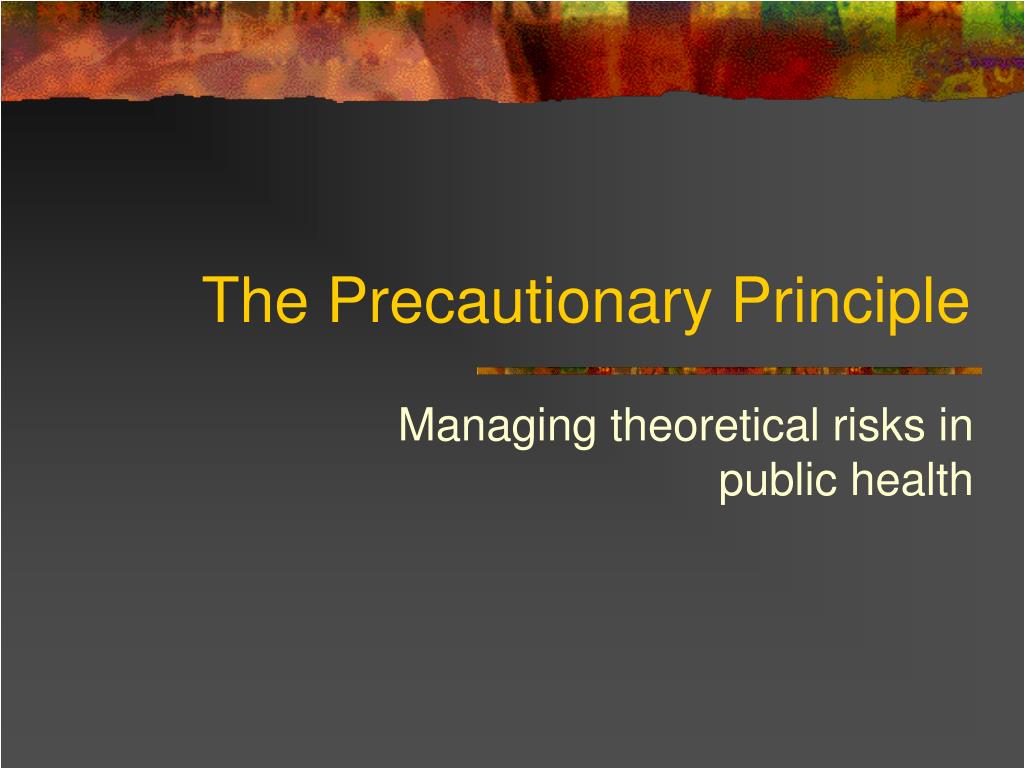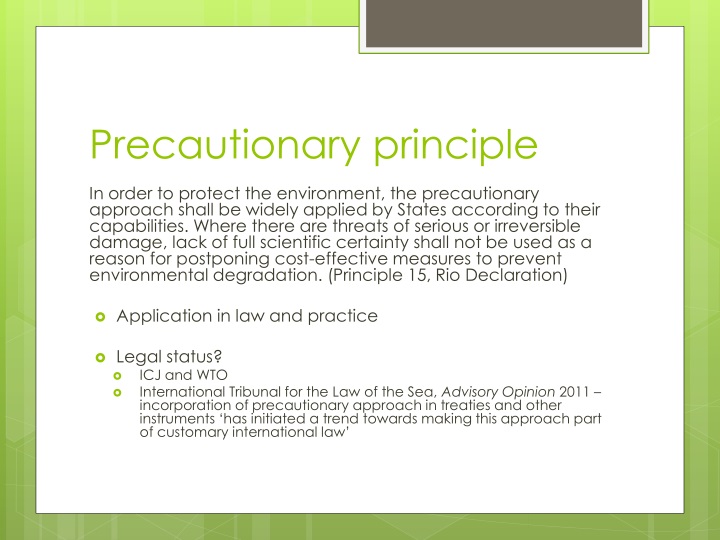

These mechanisms must allow for all points of view and perspectives to be discussed. To make decisions based on the best information and to help inform this balance, there need to be sound scientific advisory mechanisms, with the right experts at the table to enable decision-makers to draw upon available evidence in a credible and authoritative way. Even here – where there is quite a lot of evidence – there remains uncertainty and sometimes disagreement between scientists in terms of that the evidence means for society. Some decisions to use chemicals can impact long-term health and environmental protection over decades, such as decisions in the last century, and which continue today, on the use of poly-fluorinated alky sulfonates (PFAS) and bisphenols in consumer goods. Regulatory decisions often rely on seeking to balance precaution in protecting the environment and human health, to an agreed level of risk, alongside estimating what the impacts of certain actions would be to society. In chemicals management, there are often situations where there is partial evidence. Recognise that science is just one factor, alongside social, economic and ethical considerationsīe transparent, particularly about the limitations of your scientific evidence.Be transparent, particularly about the limitations of your scientific evidence.

Some relevant points were highlighted for making effective science-informed policy during the meeting, which apply to both regulation and current COVID-19 policy: "And although decisions on the safe use of chemicals in products and processes has less urgency at the current time, and can be supported by a larger base of evidence and data, we couldn’t help but see clear parallels with measures being taken to contain and suppress COVID-19 in the UK and other countries.” "We discussed how the precautionary principle is implemented in UK regulation, and considered how it should apply in chemicals strategies – particularly the new UK strategies under development.

She told us “We would usually meet in our fabulous venue of Burlington House that enables rich and open discussion on topics such as this, but given the absolute necessity for us all to maintain social distancing, this was our first virtual policy round table. Fifteen academic and industry experts from the RSC's environment and regulation collective attended a virtual round table on 2 April, chaired by our senior policy advisor Camilla Alexander-White.


 0 kommentar(er)
0 kommentar(er)
